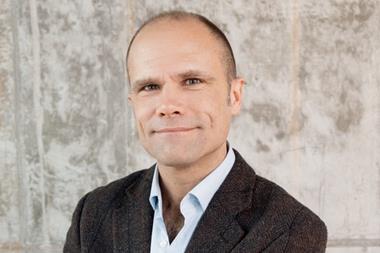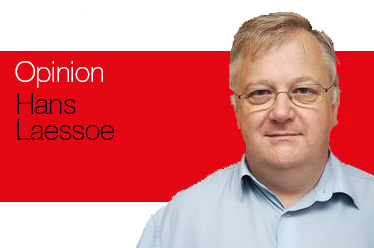Pharmaceutical companies are regarded as high risk by investors and insurers alike, with a number of grey areas having the ability to dramatically affect an organisation's reputation.
Pharmaceutical companies are regarded as high risk by investors and insurers alike. The huge research and development costs associated with developing a new product and the enormous compensation costs that can result from something going wrong are major disincentives. And there are a number of grey areas that can affect a pharmaceutical company's reputation.
Novartis is challenging India's patent law following the patent office's decision to decline a patent for Glivec/Gleevec, its cancer treatment. It is also challenging the establishment of additional hurdles to patentability in India that, it says, 'discourage the development of better medicines'.
Oxfam and FairPensions drew attention to Novartis' legal challenge over India's patent protection in January. Oxfam believes that if Novartis wins the case, millions of poor people could lose access to generic drugs for HIV/AIDs and other conditions. As a result, says Oxfam, pension funds worth an estimated £1.7trn have been contacted by their members in support of a campaign to stop 'legal action that could prevent some of the world's poorest people from receiving vital medicines'. Richard English, trade campaign manager at Oxfam, also highlights the danger that Novartis may be putting its reputation in key emerging markets at risk. "If Novartis wins this case, countless medicines available cheaply to poor people could then be patented and priced out of reach." FairPensions points out that the legal action could threaten future returns from pharmaceutical investments, because of the potential reputational damage in India and globally.
The Novartis view is that its case in India is solely about safeguarding intellectual property, not about patient access. In fact, in India, 99% of patients who are prescribed Glivec/Gleevec receive it free from Novartis. 'Patents help patients and save lives by creating incentives for long-term R&D investments that lead to innovative medicines for currently unmet medical needs... Changes in Indian patent law would not hinder the supply of essential medicines to poor countries due to safeguards in international WTO agreements'.
Increasingly, risk managers are going to have to foresee this kind of issue and provide advice to their organisations to protect stakeholder value.



















